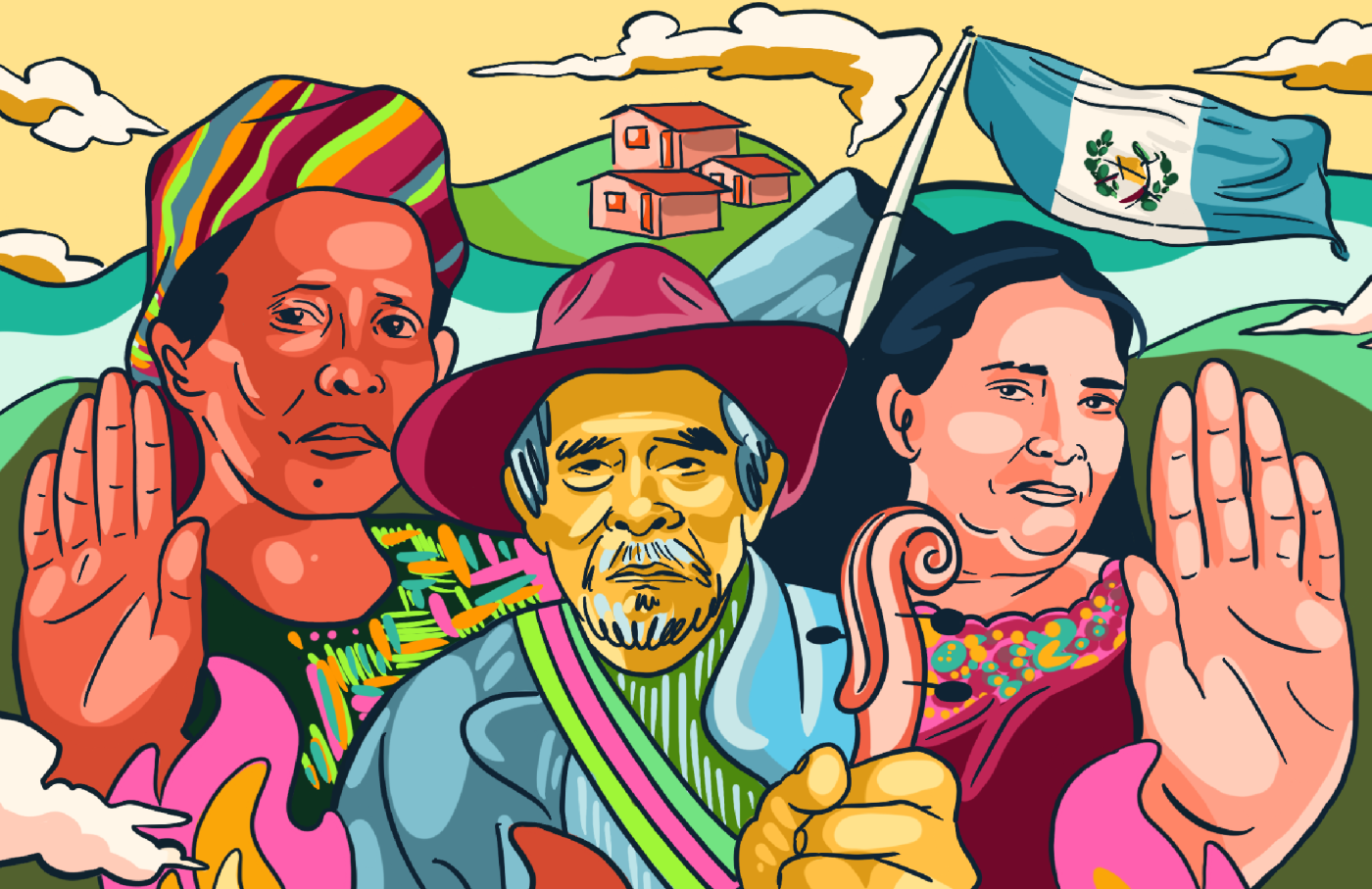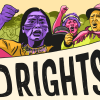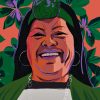In 2020, human rights NGO Global Witness named Guatemala as one of the five most deadly countries in the world for land and environmental defenders. At least eighty individuals were killed between 2012 and 2021. Hundreds of other Guatemalan activists each year faced non-lethal attacks. The majority of these attacks were perpetrated by extractive industry and the Guatemalan State, who have repeatedly named land and environmental defenders “terrorists, delinquents, and assassins.” On the brink of national elections, the situation has reached a crisis point. Defenders in Guatemala are no longer able to speak or protest freely in their country.
Ahead of the national elections this Sunday, Land Rights Now sat down with Leocadio Juracán; a land defender and political activist from the Comité Campesino del Altiplano (CCDA) and the National Land Coalition of Guatemala. Juracán and his colleagues strive to “promote democratic participation in various sectors” to ensure equal representation among people who “have experienced most of the consequences of State policy, the social and economic situation, and rural development and agriculture in [Guatemala].” Widespread corruption at all levels of government and public institutions in Guatemala has rendered land and environmental issues absent in national politics.
The implications of political silence on land rights are dire for Indigenous and peasant communities in Guatemala. These communities live on the front lines of human rights violations in their country; a reality which is reflected in the adoption of precautionary measures to guarantee life and physical integrity in Guatemalan Indigenous groups by the InterAmerican Human Rights Commission. These measures, Juracán notes, show that the “obligation [of the State] to repair the damage they have caused to education, to the community health system, culture, human rights, and the right to food.” It is a matter of human rights, he declares. “We are the witnesses of corruption. We are witnesses of how the repression and criminalization have increased in Guatemala.”
Juracán believes that Indigenous and campesino organizations like the CCDA and the National Land Coalition can help citizens understand the gravity of their vote. A responsible vote, according to Juracán, is one which backs candidates who seek to transform the oppressive systems fueling a crisis of evictions, violence, and poverty in rural Guatemala. “It is important for Guatemalan people to participate and realize who are the candidates who respond to their own interests and who are the candidates who act in the interest of the people,” says Leocadio.
Despite the risks of activism, Leocadio and his colleagues see the upcoming national elections as a tipping point for the future of democracy and environmental justice. “This is a very important issue for the international community to pay attention to because the struggles of the peasant and Indigenous movement have repercussions for the life of all humanity.” Juracán proclaims. “Through mega projects [agribusiness and the government] seek to continue generating wealth by destroying the environment, the life of humanity, and are contributing to global warming.” Leocadio says that it is past time to take action on this issue. “The Guatemalan government must stop violating human rights. And it must seriously address structural problems: the issue of development, food security and sovereignty, investment in the countryside. The peasant organizations have serious proposals, proposals that would solve the agrarian problems. The evictions only harm the rural communities and make them poorer. We need guarantees for our human rights, now!”



